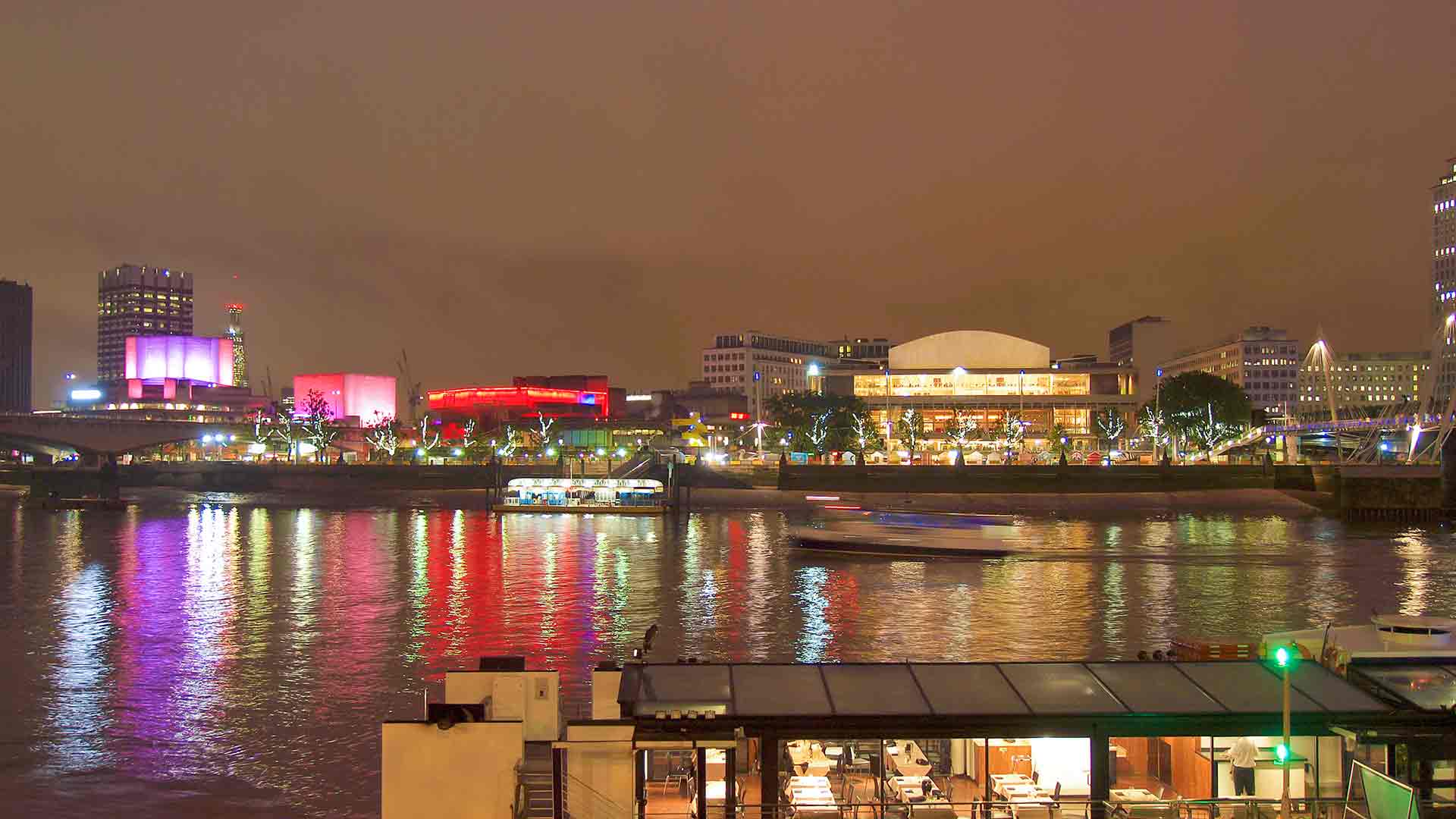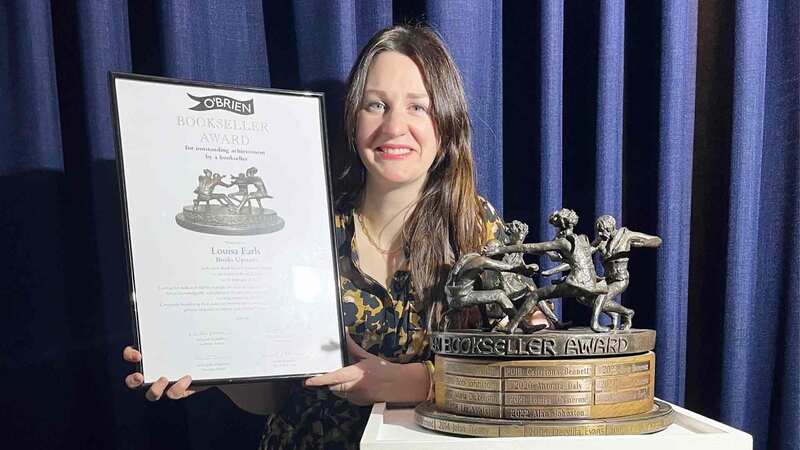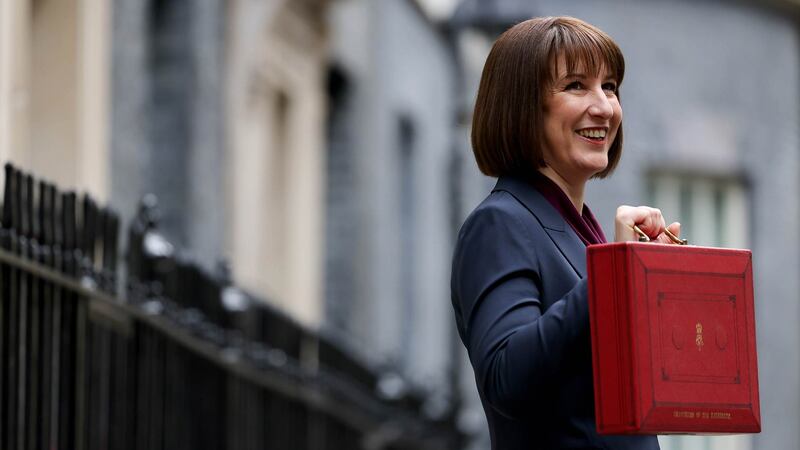You are viewing your 1 free article this month. Login to read more articles.
A capital production
London-centric novels can be difficult to stage. Will the National’s new take on Dickens hit home or miss?
"London Tide", one of the National Theatre’s big spring shows, bills itself as a hymn to London and the river that runs through it. Directed by Ian Rickson, with original songs by PJ Harvey, it has been adapted for the stage by Ben Power from Charles Dickens’ novel Our Mutual Friend.
This isn’t such a random collaboration as it might sound. Harvey has contributed music to Rickson’s productions before, including reworking Ophelia’s lament for his production of "Hamlet" at the Young Vic, but this is the first time her music has been centred to this extent.
As the title suggests, Power’s adaption of Dickens’ final complete novel places the Thames, on whose banks the National Theatre sits, at the heart of the narrative. This is a London story ribboned with songs of the city. While many regional theatres make telling local stories and foregrounding local voices a central part of their programming, this is less explicit in London, perhaps because London itself is so vast, a collage of coexisting cities. There are multiple Londons, after all, and multiple ways of being a Londoner.
When London theatres tell London stories there is a wealth of London literature to draw from. Roy Williams’ adaptation of Sam Selvon’s 1956 novel The Lonely Londoners, another sprawling urban story, this time about Windrush-era arrivals to the city, recently played at the Jermyn Street Theatre, its narrative sprawl condensed to fit the intimate studio space. It was the first time the novel had been adapted. The Guardian was smitten with Williams’ adaptation, exalting the way in which it “captured the pained romance of the city” it its five-star review, while The Stage described it as both “a celebration both of the city itself, and the diverse people who have shaped it”. In 2007. Williams made a somewhat less successful attempt to adapt a popular London novel, Colin MacInnes’ portrait of 1950s Notting Hill, Absolute Beginners, but with "The Lonely Londoners" he appears to have struck the right balance.
While many regional theatres make telling local stories and foregrounding local voices a central part of their programming, this is less explicit in London, perhaps because London itself is so vast
To distil London on stage might be an impossible task, to capture a neighbourhood and its history more achievable. What better home for a stage adaptation of Patrick Hamilton’s bleak, booze-sodden 1941 novel Hangover Square than Earls Court’s Finborough Theatre, a theatre located, appropriately enough, above a pub. “The novel is set in the streets around the Finborough, and Alex Marker’s clever design plays upon this, while creating a suffocating world where Hamilton’s unlovely desperados race towards catastrophe in an alcoholic haze,” wrote critic Lyn Gardner of the 2008 production.
Zadie Smith, another chronicler of the city, particularly the north London neighbourhood in which she grew up, has developed a relationship with the Kiln Theatre in Kilburn. In 2018, the theatre staged a version of her debut novel White Teeth, adapted by playwright Stephen Sharkey with songs by Paul Englishby. Smith would go on to make her debut as a playwright at the Kiln there with "The Wife of Willesden", a playful update of Chaucer’s The Wife of Bath, which in an amusingly meta move even featured a character loosely based on the author herself.
The Lyric Hammersmith had a crack at Sarah Waters’ Tipping the Velvet a few years back. The decision to stage it as if it were a music-hall act, complete with trapezes and a moustachioed MC, made a kind of sense, especially given the history of the venue, but Laura Wade’s adaption didn’t quite come off. Despite the sexy acrobatics (sex-robatics?), the critics thought it lacked the novel’s heat. “The love and the politics are insufficiently ardent,” said Susannah Clapp of the 2015 production.
The National Theatre has a remit to serve the nation, but at the same time it is also physically located in the cultural heart of the capital (unlike National Theatre Wales, which has no permanent base) in an iconic London building. Some of its biggest successes have been London stories. It scored a huge hit in 2005 with its adaptation of Jamila Gavin’s Coram Boy – in which Thomas Coram’s Foundling Hospital plays a key role – a lavish production directed by Melly Still, which enjoyed multiple runs at the theatre and a Broadway transfer. "Coram Boy"’s adapter Helena Edmundson would later adapt Andrea Levy’s Small Island, her novel about a couple from Jamica coming to London after the war, resulting in another hit show for the theatre. It’ll be interesting to see whether "London Tide" can replicate that.
London Tide is at the National Theatre from 10th April–22nd June 2024


















